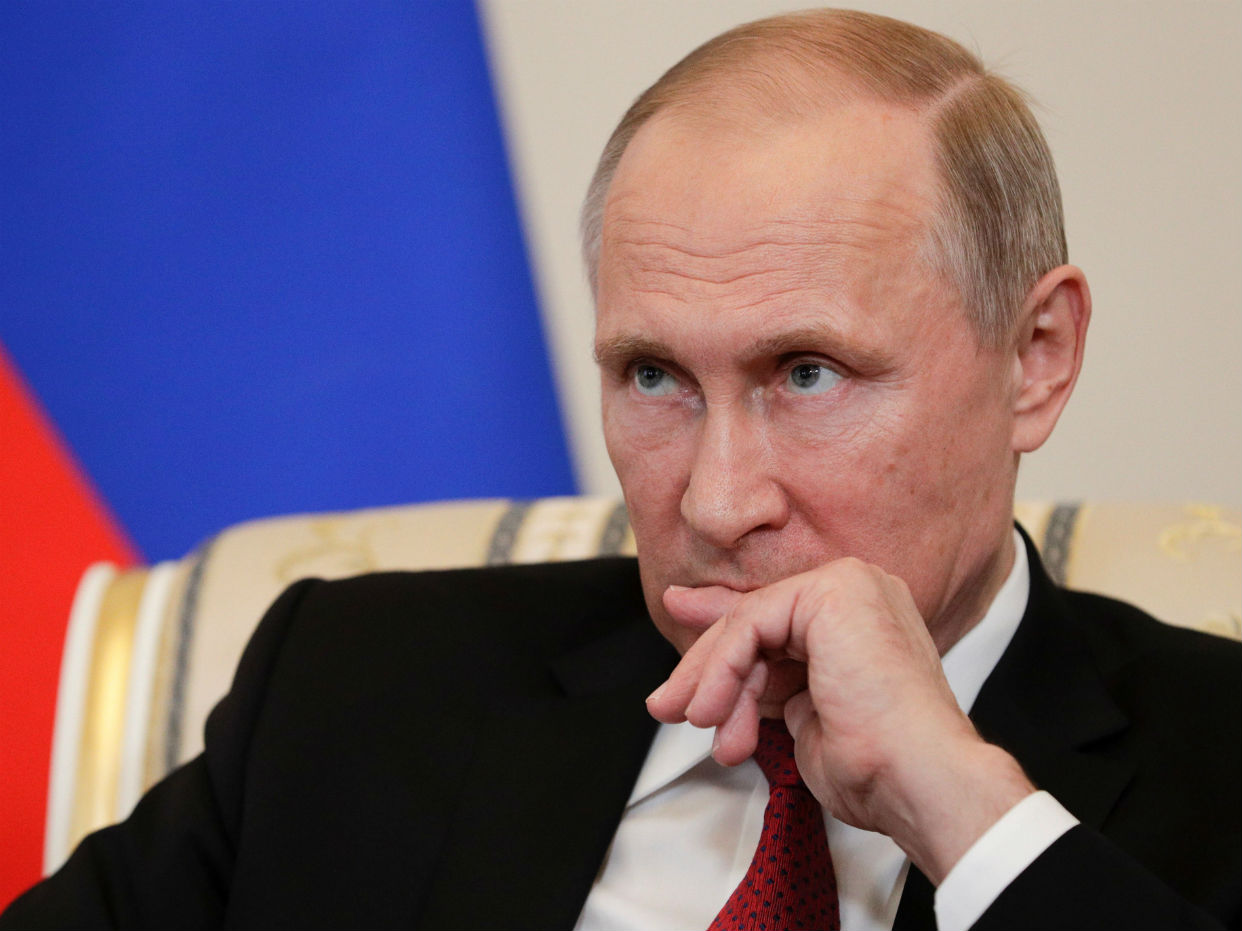Moscow election results explained
Putin suffers damaging blow in Russian capital poll despite many opposition candidates being barred

A free daily email with the biggest news stories of the day – and the best features from TheWeek.com
You are now subscribed
Your newsletter sign-up was successful
Russia’s ruling party has been dealt a major blow in elections to the Moscow city parliament, raising concerns in the Kremlin of a shift in public mood.
United Russia, which backs President Vladimir Putin, just held on to its majority in Sunday’s election, losing 13 seats in the city council.
Vox reports that opposition parties, on the other hand, “did quite well, winning 20 seats”. These included the Communist Party (13 seats), the A Just Russia party (three seats), and the liberal Yabloko party (four seats). The turnout of eligible voters was 21.8%, CNN reports.
The Week
Escape your echo chamber. Get the facts behind the news, plus analysis from multiple perspectives.

Sign up for The Week's Free Newsletters
From our morning news briefing to a weekly Good News Newsletter, get the best of The Week delivered directly to your inbox.
From our morning news briefing to a weekly Good News Newsletter, get the best of The Week delivered directly to your inbox.
The results have been seen as a major rejection of the Putin administration, with Russian opposition leader Alexey Navalny claiming a “tactical victory” and adding: “Throughout the history of the MGD [Moscow regional parliament], the party in power has not lost so many districts. All well done.”
But the election was marred by the Kremlin’s decision to bar a slew of independent and opposition candidates, prompting calls for street protests from activists.
So what is happening in Russia, and does Sunday’s election change anything?
What were people voting on and why were there protests?
A free daily email with the biggest news stories of the day – and the best features from TheWeek.com
For months, Russia has been gearing up for local and regional elections across the country.
Deutsche Welle reports that in Moscow “more than 7 million people were eligible to elect 45 lawmakers to the city parliament”, which was dominated by United Russia. However, The Moscow Times adds that United Russia’s Moscow candidates “rebranded as independents in an apparent effort to distance themselves from the party – whose popularity is at a decade low”.
The party supports the policies of Putin - and he is the party’s de facto leader, despite technically ruling the country as an independent president.
In July, with Putin’s approval rating having fallen in the preceding months, local authorities in Moscow took the highly controversial decision to ban almost all opposition candidates from running for the city parliament, claiming that there were “irregularities in the 5,000 signatures each had to gather” in order to run, says Vox.
Instead, United Russia ended up squaring off against parties that are considered part of Russia’s “systemic opposition”, parties “more or less loyal to the Kremlin and... sanctioned by the government to operate as ‘opposition’ parties and stand for elections”, the news site reports. “In other words, they’re mostly a sham meant to provide a veneer of democracy on an undemocratic system.”
Moscow has been rocked by months of protests since the decision was announced, with thousands of activists taking to the streets each weekend.
One party that managed to slip through the cracks, however, was Yabloko. It is a small liberal-green party whose lead candidate, Sergei Mitrokhin, was initially barred from running, but was ultimately allowed to contest the election after a city court ruled in his favour.
In response to what many opposition activists saw as an attempt to bypass democracy by United Russia, Navalny and his supporters launched a so-called “Smart Voting” website and app in order to help voters select the candidates most likely to defeat those from Putin’s party.
What were the results?
United Russia retained its majority in Moscow after Sunday’s vote, but suffered heavy losses from the previous election. Its majority on the 45-seat city council was slashed from 40 to 25, with the Communist Party taking 13 seats - five more than last time - while A Just Russia won three seats.
Meanwhile Yabloko, which The Guardian calls the “only genuinely independent party allowed on the ballot”, won four seats.
Despite the damaging blow to Putin and his party, state media are “mostly presenting the results in Moscow as a win for the governing party”, the BBC reports.
Indeed, Vox reports that beyond Moscow, United Russia “still dominated in regional elections” as “all 16 pro-Kremlin governors were reelected, including the governor of St Petersburg, a Putin ally who has a reputation for being both incompetent and corrupt”.
What does this mean?
Although United Russia mostly held on to its majority, the Kremlin “will certainly be studying the real picture, and what it says about the public mood in the Russian capital”, the BBC adds.
Navalny claimed the result demonstrated the effectiveness of tactical voting: “We can say clearly that in Moscow this result is a triumph for Smart Voting,” he said.
Moscow Mayor Sergei Sobyanin said in a statement that “in addition to a strong detachment of Communists, a cohort of respected parties Yabloko and A Just Russia will take seats in parliament”, adding on CNN: “The Duma has become politically more diverse, which in general, I hope, will benefit the city parliament.”